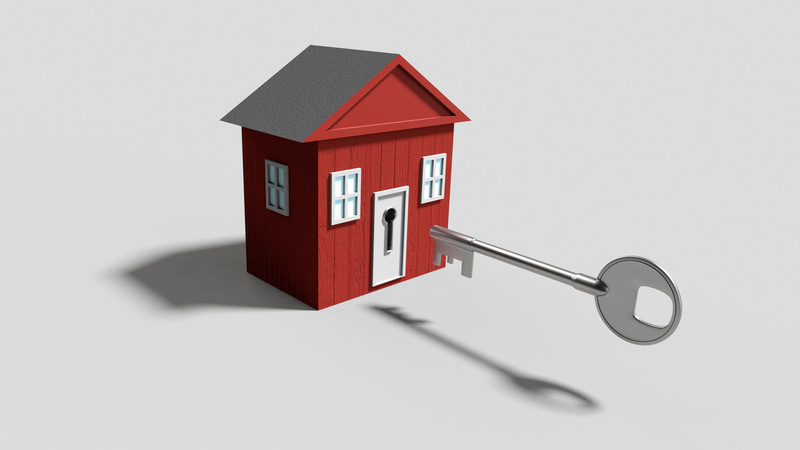If you’re just getting started on your home buying journey, then it’s worth knowing how much you can afford.
A good place to start is with a budget that clearly sets out your finances and helps you understand what properties will fit within that budget.
At this stage, it also helps to know how much money you can put towards a deposit for your new home, and how much you may need to save. Depending on the property, you may be required to provide a deposit equivalent to 5 per cent, 10 per cent or even 20 per cent of the property’s value.
Once you’ve got a grip on your personal finances, it’s time to consult a bank, building society or credit union to see how much you can borrow towards your home purchase. Once you’ve found the lender that’s right for you and signed all the necessary paperwork, you’ll be granted a home loan.
After you receive your home loan, it’s also important to understand how the interest rates on your loan work. Because interest rates can vary significantly between lenders, and because home loans usually have 25 to 30-year terms, small differences in your rate can make a big difference when it comes to the repayments you will make over the life of your loan.





